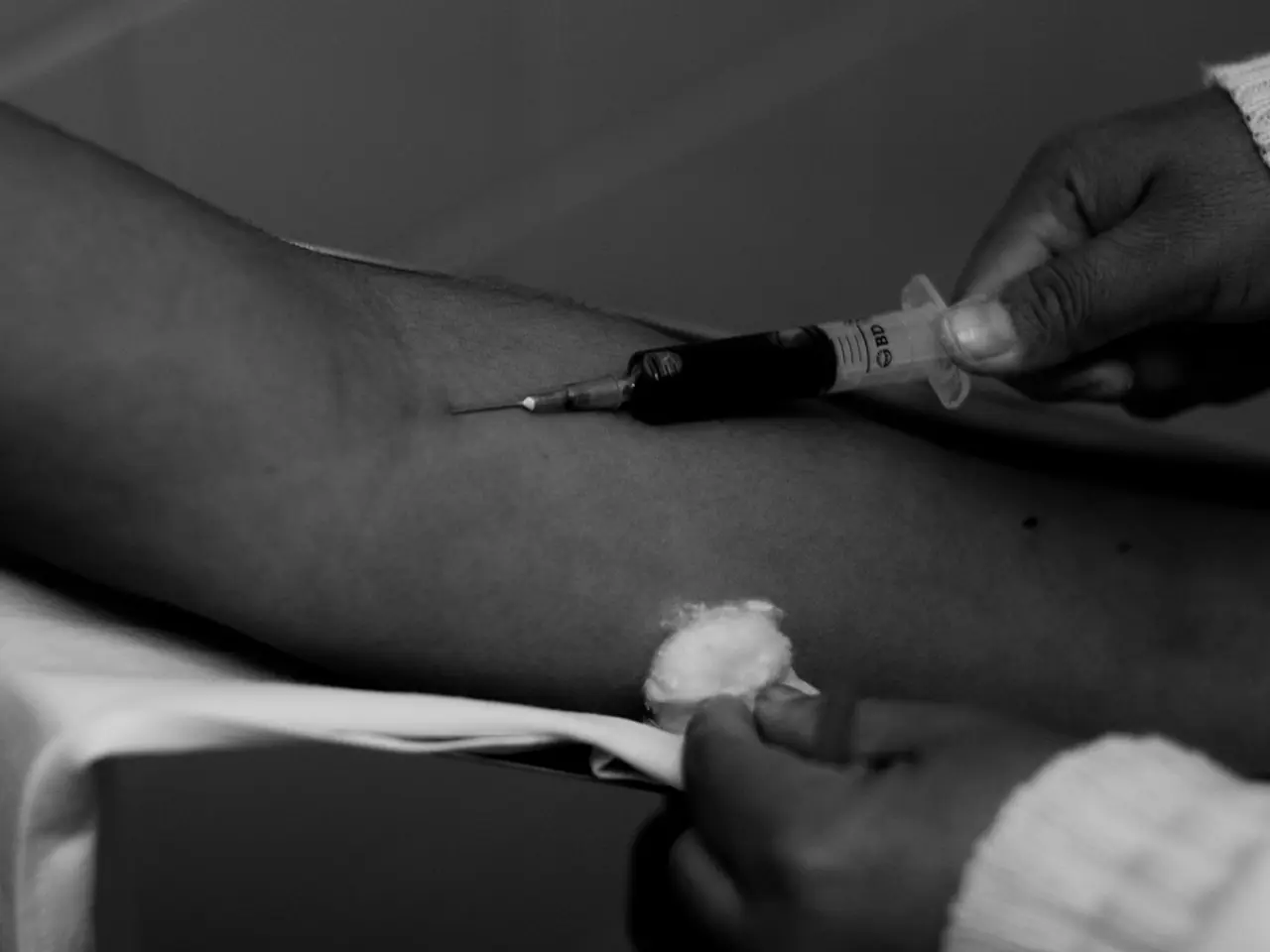Linking Brain Trauma and Erectile Dysfunction: Examining the Relationship
Erectile dysfunction (ED) is a prevalent issue among men aged 40 to 70, with approximately 52% of men experiencing it. ED is characterized by the inability to maintain an erection adequate for sexual activity. Recent research in the medical community has raised questions regarding the potential link between brain injury and ED.
While the connection between brain injury and ED is complex, growing evidence suggests that brain injury can contribute to the development of ED. Brain injury may affect various physical and psychological factors involved in ED, such as hormonal imbalances, nerve damage, and psychological distress.
One way brain injury can contribute to ED is by disrupting the hypothalamic-pituitary-gonadal (HPG) axis. This intricate system of hormonal interactions is responsible for regulating testosterone and other hormones crucial for sexual function. Disruption of the HPG axis can result in hormonal imbalances, leading to ED.
Brain injury can stem from various causes, including TBI, stroke, and brain tumors. TBI, a frequent type of brain injury, occurs when the head experiences a blow or jolt. TBI can cause a wide range of symptoms, including headaches, memory problems, and difficulty concentrating. Additionally, TBI can contribute to ED.
Brain injury can also lead to nerve damage that can affect sexual function. Several delicate nerves are involved in sexual function, and even minor damage can have a significant impact. Brain injury can lead to nerve damage via trauma to the nerves, ischemia, or pressure from swelling or bleeding.
Psychological factors can also play a role in ED following brain injury. Depression, anxiety, and PTSD are common psychological issues that can arise following brain injury, potentially decreasing sexual desire and hindering the ability to maintain an erection. Stress and ED often coexist.
Beyond the direct effects of brain injury on sexual function, there are also indirect effects that can contribute to ED. For example, brain injury may lead to reduced mobility and independence, which can affect sexual function. Additionally, changes in body image or self-esteem due to brain injury can impact sexual function.
The location and severity of brain injury may also influence the development of ED. For instance, research has shown that men with frontal lobe injuries are more likely to experience ED than men with injuries in other areas of the brain. Similarly, men with severe TBI are more likely to develop ED than men with mild or moderate TBI.
Treatment for ED following brain injury can be challenging and often requires a multidisciplinary approach. Medications such as PDE5 inhibitors may be effective in treating ED. Psychological interventions like cognitive-behavioral therapy may also prove beneficial in addressing the psychological factors contributing to ED. In some cases, couples therapy may be helpful as ED can affect both partners and lead to relationship problems.
Preventing ED following brain injury is crucial, as prevention is often more effective than treatment. Measures to prevent TBI include wearing helmets or other protective equipment and practicing safe driving habits. Early intervention and treatment of brain injury can also help prevent or decrease the likelihood of ED.
In conclusion, brain injury can significantly impact sexual function, including ED, through neurological and psychological mechanisms. Addressing these factors holistically is essential for improving outcomes for individuals affected by both TBI and ED.
- The complex connection between brain injury and ED is under exploration in the health-and-wellness field, with evidence suggesting that brain injury can trigger hormonal imbalances, nerve damage, and psychological distress that contribute to sexual-health issues, such as ED.
- Recent research into neurological-disorders has indicated a potential link between TBI and ED, with TBI, stemming from various causes including blows or jolts to the head, disrupting the intricate system of hormonal interactions known as the hypothalamic-pituitary-gonadal (HPG) axis and triggering hormonal imbalances that can lead to ED.
- Medical-conditions like depression, anxiety, and PTSD, which are common psychological issues that can arise following brain injury, can impact mental-health and contribute to ED by decreasing sexual desire and hindering the ability to maintain an erection.








